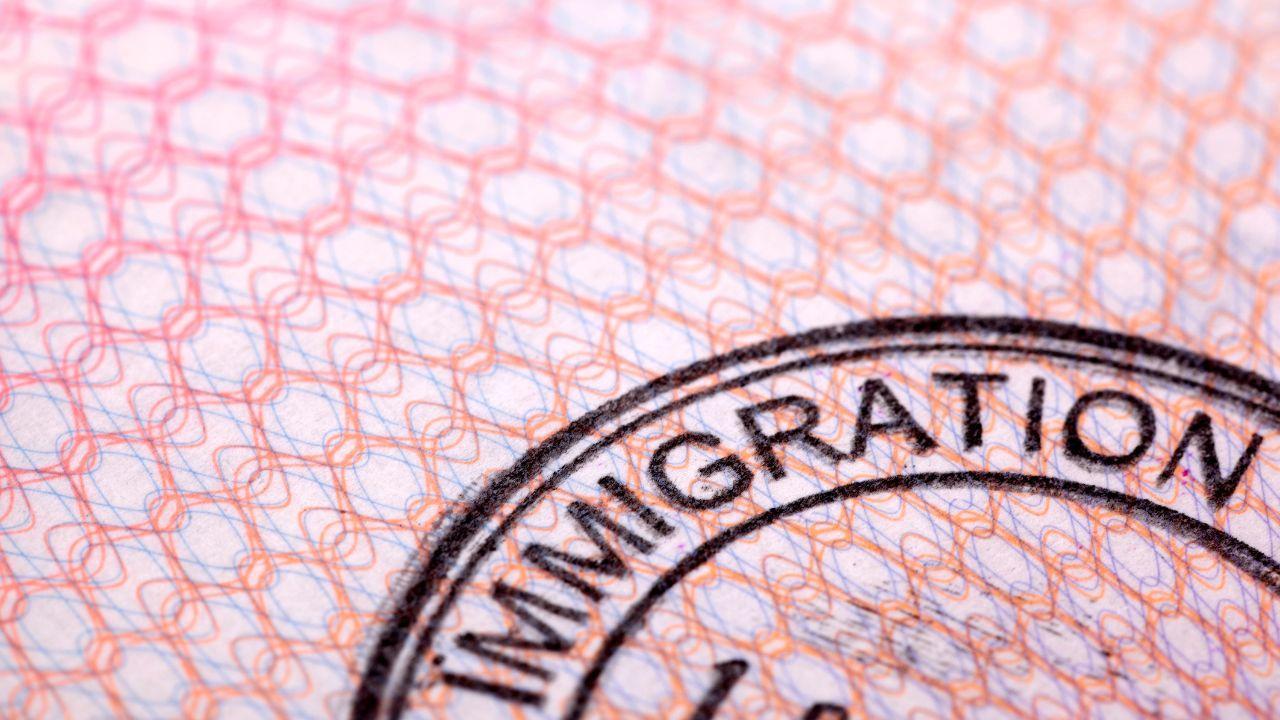



International Graduates and the Global Visa Crackdown
Every year, thousands of students from around the world finish their studies abroad with hopes of building a career in their host country. However, with governments tightening migration policies, many international graduates now face new challenges. This brings up an important question: Migration Policy Tightening: What It Means for International Graduates?
This article will explain why migration policies are changing, what these changes mean for international graduates, and how you can prepare for the future.
Why Are Migration Policies Tightening?
Many countries are reviewing their immigration systems because of concerns over job markets, housing, and public services. Governments want to control the number of people staying long-term after their studies. Tightening migration policies is one way to do this.
After the pandemic, countries saw a rise in international students and graduates applying for work permits and permanent residence. While this helped fill labor shortages in some areas, it also created pressure on housing, healthcare, and jobs.
As a result, governments started making rules stricter, aiming to balance the benefits of international talent with the concerns of local communities.
What Does Tightening Migration Policy Mean for International Graduates?
For international graduates, these policy changes can have big effects. Many countries offer post-study work visas that allow graduates to stay and work for some time after finishing their degree. But recent changes are limiting these benefits.
For example, some countries have shortened the length of post-study work visas. Others now require higher salary levels or more specific job types to qualify for work permits. Some have also raised visa fees or introduced tougher English language requirements.
These changes mean that international graduates may find it harder to stay and work after graduation. They may need to apply faster or meet stricter conditions to continue living in the host country.
Challenges Graduates May Face
One major challenge is uncertainty. Students may not know if they will be able to get a work visa after graduation until they apply. This uncertainty can make it hard to plan for the future.
Another challenge is competition. With tighter rules, only a smaller number of graduates may qualify to stay. This means graduates must compete with local workers and others for limited jobs and visas.
Graduates might also face higher costs. Increased visa fees and the need to hire legal help can make the process expensive.
Lastly, some graduates may feel pressure to find jobs quickly or in certain industries that meet visa requirements, even if these jobs are not their preferred career choice.
How Can International Graduates Prepare?
Although migration policy tightening creates challenges, international graduates can take steps to improve their chances.
First, research the latest rules in your host country before you finish your studies. Knowing the current visa requirements will help you prepare your applications correctly and on time.
Second, focus on building skills that are in high demand. Many countries prioritize graduates who work in sectors like healthcare, technology, engineering, or education. These fields often have more job opportunities and may meet visa criteria more easily.
Third, network and seek advice from career counselors, alumni groups, or official immigration sources. They can provide useful information on job markets and visa pathways.
Fourth, consider alternative options such as further studies, internships, or moving to regions with less strict policies. Some areas may offer easier paths for staying or working after graduation.
Finally, stay flexible. The rules may change again, so having backup plans and being open to new opportunities can help you succeed.
What Should Universities Do?
Universities also play an important role. They can support international students by providing clear information about migration policies and helping students plan their career paths.
Many universities now offer workshops, counseling, and job fairs aimed at helping international students connect with employers who understand visa rules.
Universities can also work with governments to advocate for fair policies that recognize the value of international graduates to local economies.
The Bigger Picture
Tightening migration policies do not mean that international graduates are unwanted. On the contrary, countries still see them as valuable contributors to innovation, culture, and economic growth.
What is changing is how governments manage who stays and under what conditions. These rules aim to balance economic benefits with social challenges.
International graduates who stay informed and adapt to these changes will still find many opportunities abroad. Understanding migration policy tightening is the first step toward a successful future.
Disclaimer:
The information provided in this article is for general guidance only. Myedugoal does not guarantee the accuracy or completeness of the content as migration policies and visa rules can change frequently. Readers should always verify details through official government or university sources before making any decisions. Myedugoal is not responsible for any actions taken based on this information.
#trending #latest #migrationpolicy #internationalgraduates #studentvisa #workpermit #studyabroad #immigrationnews #myedugoal #visaupdate #poststudywork #globaleducation #highereducation #careeropportunities #visachanges #futurestudents

University Internships That Help You Get a Job After Graduation... Read More.

Is It Smarter to Start at a Community College... Read More.
 Fake posts hit Czech PM Fiala's X
Fake posts hit Czech PM Fiala's X
Fake posts disrupt Czech PM Fiala's X account security
 Switzerland Tightens Export Rules
Switzerland Tightens Export Rules
Switzerland expands export controls on dual-use goods
 Google unveils Ironwood AI chip
Google unveils Ironwood AI chip
Google introduces Ironwood chip to accelerate AI tasks & apps
 TSMC Q1 revenue up 42%
TSMC Q1 revenue up 42%
TSMC sees 42% revenue surge in Q1, surpassing forecasts
 Amazon CEO Outlines AI Vision
Amazon CEO Outlines AI Vision
Amazon CEO reveals AI investment plans in new letter
 Osaka Hosts World Expo 2025
Osaka Hosts World Expo 2025
Japan blends tech and culture at Osaka Expo 2025 launch
 A16z Plans Big Bet on AI Startup
A16z Plans Big Bet on AI Startup
A16z may lead huge round in ex-OpenAI CTO’s new AI firm.
© MyEduGoal. All Rights Reserved. Design by markaziasolutions.com